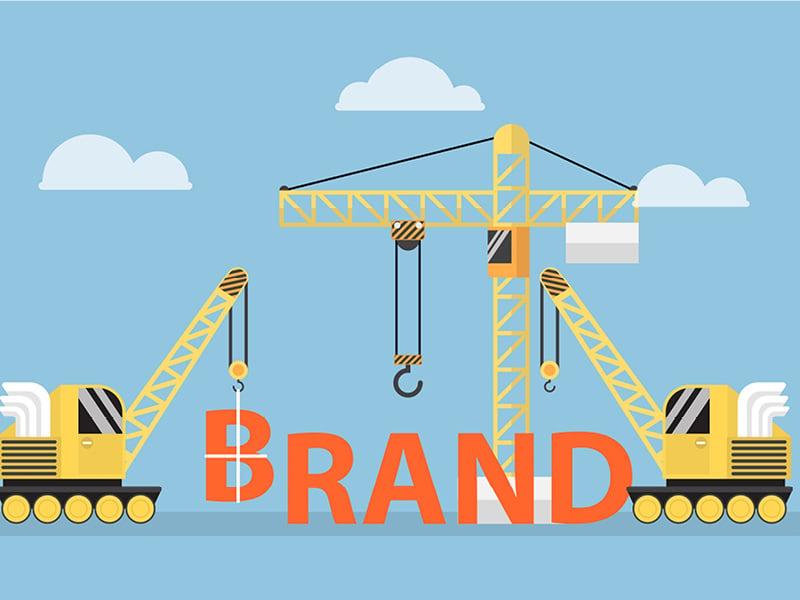Passion brands are unique beasts. They are more highly valued than the run of the mill company and for good reason. The job of a brand is to bring in more and more customers. If current customers help you to do that at no cost then the cost of customer acquisition falls. There is something about passion brands that resonates with consumers who then feel compelled to go out into the world and tell all and sundry about said brand. This is “word of mouth” marketing and a value cannot be put on it.
Most passion brands don’t in fact start out with that goal in mind. Steve Jobs certainly didn’t and yet Apple’s fans are famous for their off the charts level of passion. Harley Davidson is the same. When it started 112 years ago, the US-made motorcycle’s primary goal was to make great motorcycles. And yet today, some people choose to brand themselves with a tattoo of that company’s logo. And some of those people don’t actually own a Harley Davidson. Tesla is a more recent example of this. The early adopters are ravenous for the next new thing coming out of Tesla’s factory.
So how can a passion brand emerge when becoming a passion brand isn’t their stated goal? My company had an experience of this when we first launched 11 years ago. We had a customer very early on who approached us and said that she was a big fan of our brand but she didn’t really believe any company’s websites and she thought that a Yahoo User Group would be useful for us. This was before Facebook and well before the ultimate demise of Yahoo. She offered to moderate it. Moderating is hard. Managing varying opinions on a message board can be very complicated. We happily agreed to this customer moderating our online group but were not totally convinced that it would gain any traction. What did we know? Membership quickly grew and peaked at about 6,000 parents (mostly Mums) exchanging around 6,000 messages a week.
It was remarkable.
And completely unplanned. When Facebook launched, the group migrated to that platform and today we have approximately 200,000 parents. Of that group, a sub-group have become advocates for the brand, writing blogs, attending consumer shows and doing anything they can to help us.
Even though this happened to us, I still didn’t understand why it had happened until I read Simon Sinek’s book “Start With Why” and watched his TED Talk. Then the penny dropped and I realized that any company can transition into a passion brand. They just need to do one thing.
The core premise of Sinek’s work is that people don’t buy WHAT you do, they buy WHY you do it. Passion brands start with the WHY then lead to the HOW and lastly WHAT. Most companies do the opposite. They start with WHAT their offer is. Then they get to the HOW and many never make it to the WHY.
Sinek illustrates this very well using Apple’s positioning. If Apple were like any other company their positioning would read:
“We make great computers. They’re beautifully designed, simple to use and user-friendly. Wanna buy one”.
The order is therefore:
- What
- How
- Call to action in the hopes a sale can be made. (No Why here!)
Apples actual positioning reads as follows:
“Everything we do, we believe in challenging the status quo. We believe in thinking differently. The way we challenge the status quo is by making our products beautifully designed, simple to use and user-friendly. And we happen to make great computers. Wanna buy one?”.
The order is now reversed:
- Why
- How
- What
It is the very opposite of the norm and the result is a true passion brand.
2 implications for Apple are:
- Because they started with their “why” from the outset and because it was not product specific, it has allowed them over the years to go well beyond computers and move into music, phones and watches while staying absolutely true to their “why”: challenging the status quo. There is no need for a different brand. It all fits under the Apple logo.
- Because they start with the “why”, they do not have to compete on performance or price. Apple’s phones are inferior to Samsung’s phones for example. The camera quality and battery life are simply not as good as Samsung’s camera quaity and battery life. But that has not hurt sales at all. Similarly, Apple’s laptops are one of the most expensive on the market but sales remain strong.
For our company we realized after the fact that our “why” resonated with consumers and that’s what drove their behaviour. For your company, discover what the “why” is, lead with it and watch the passion grow.







